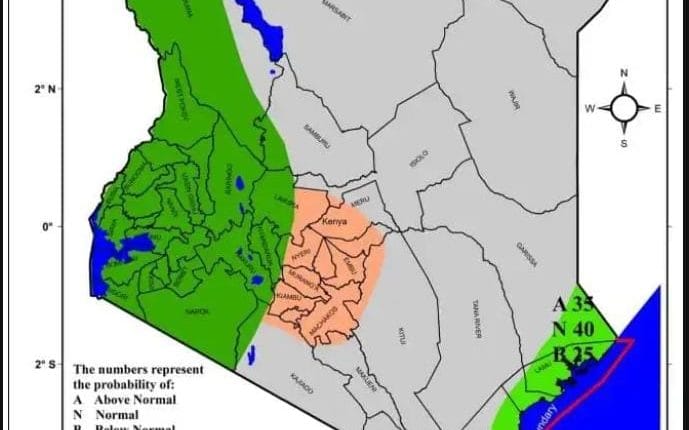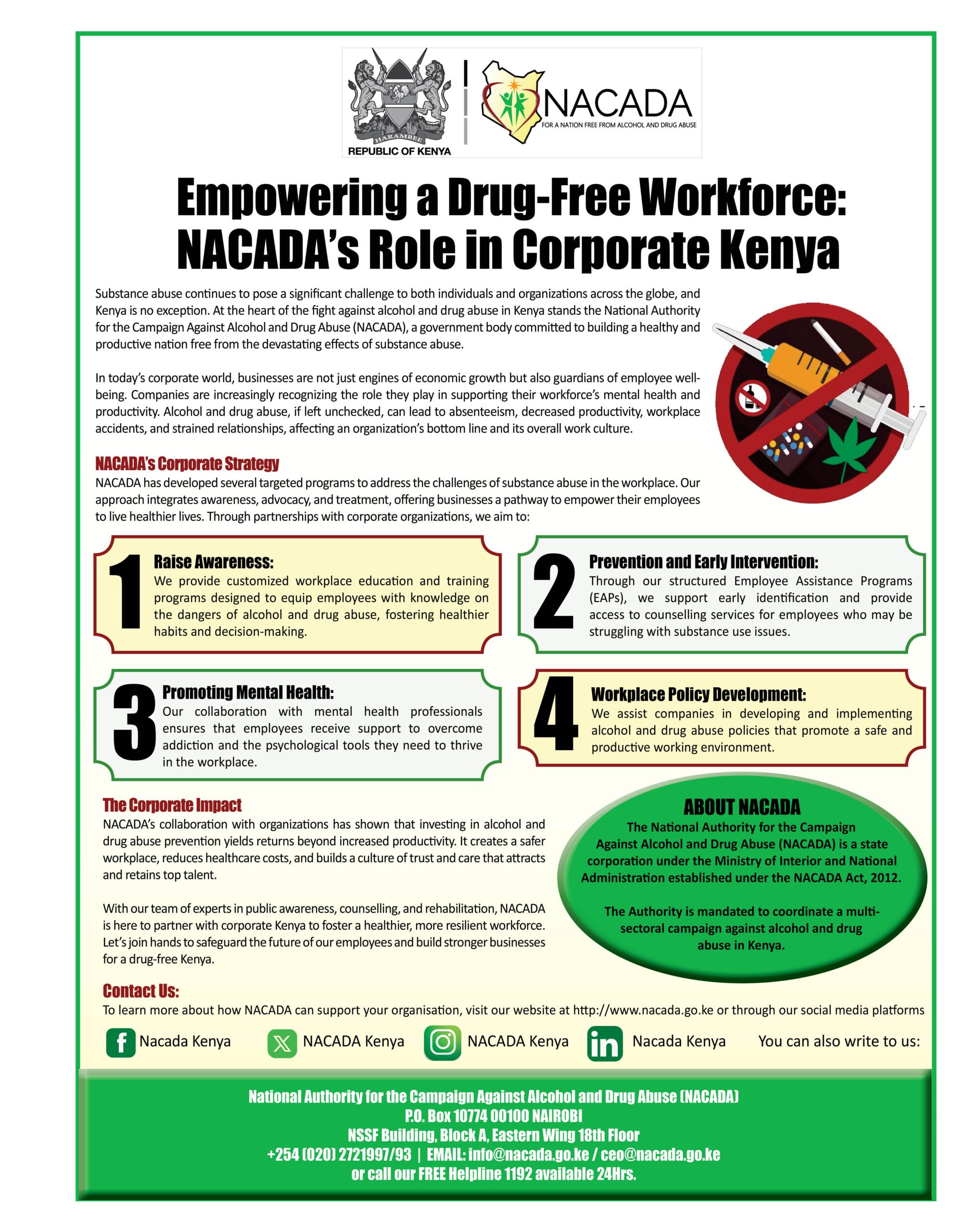By Antynet Ford
Kenyans have been called to brave for the cold weather season in Nairobi and the central highlands by the Kenya Meteorological Department.
While releasing the June, July to August weather forecast, the Director of Meteorological Service David Gikungu said the counties of Laikipia, Meru, Embu, Kirinyaga, Nairobi, Kiambu, Murang’a, Tharaka Nithi and the South Eastern Lowlands of Machakos and Makueni areas are expected to experience cool and cloudy conditions.
In the forecast, the Weatherman noted that while it is the usual cold season, it will be slightly warmer than average for the season.
“While it is the usual cold season, it will be slightly warmer than average for the season.” He said
Gikunguurged for anticipatory preparedness by the Ministry of Health as cases of respiratory diseases like asthma, pneumonia, flu, and the common colds may increase during the season.
“The public is being advised to adopt warm dress codes and avoid using charcoal jikos in poorly ventilated houses as they may produce carbon monoxide gas that is lethal when inhaled.” He said.
Further he warned of malaria transmission expected in the Lake Victoria Basin, the Highlands West of the Rift Valley, Northwestern Kenya and the Coastal region where warmer than average temperatures are expected.
Other effects of the cold weather are respiratory diseases and eye infections which are likely to occur over the Northeastern region due to dust storms during the season.
The forecast further indicates that light rains and drizzles may result in slippery roads and hence the need for motorists to take precaution and minimize accidents, while at the same time, “foggy weather is also likely to occasionally cause operational disruptions at the Wilson Airport and Jomo Kenyatta International Airports during the June, July to August cold weather season.
The forecast further indicates that the Coastal Strip is expected to experience near to above-average rainfall.
However, residents in areas expected to remain dry are advised to conserve and use the available water efficiently to ensure their water needs are met throughout the dry season.
Residents in areas expected to receive occasional rainfall are encouraged to practice rainwater harvesting in order to boost their water reserves.



